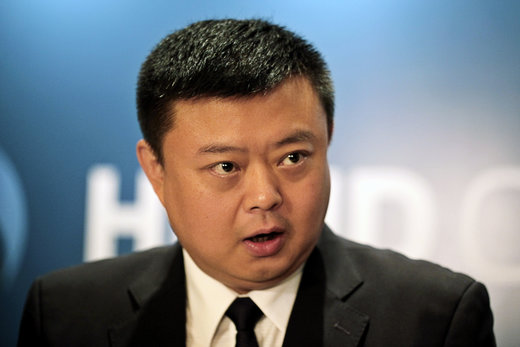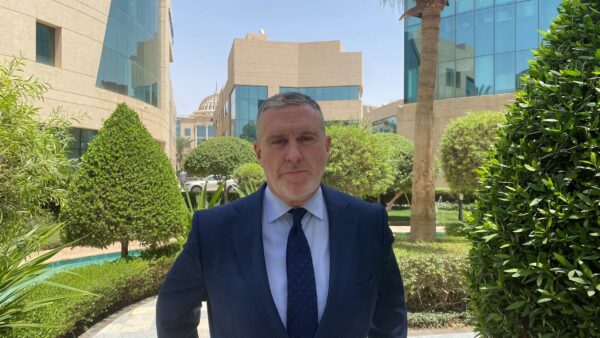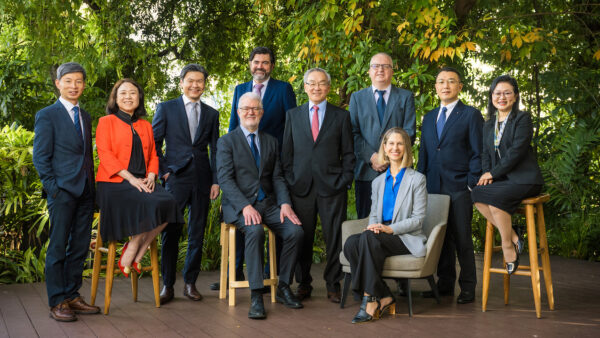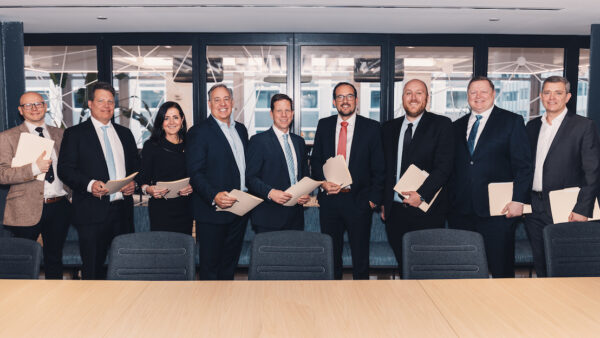15 January 2014
Will work on Nicaragua’s rival to the Panama Canal begin this year or not? Anybody following this story in the press would have good reason to be confused.
On 4 January, the BBC reported confidently that “the construction of a canal in Nicaragua linking the Atlantic to the Pacific Ocean has been delayed by a year and will not begin until 2015”.
It then quoted Manuel Coronel Kautz, the head of the canal authority, as saying more time was needed to carry out feasibility studies and choose a route.
Then on 10 January Daniel Ortega, the president of Nicaragua, said construction work would start in December 2014.
The president’s insistence is understandable: the projected economic benefits for his destitute country include a 100% increase in GDP and full employment.
However, the controversy over the date reflects wider uncertainty about just how the 200 km, 11-year project is going to be built.
When the news broke in June last year that the government of Nicaragua had granted a licence to build an inter-oceanic canal across its territory, the idea was surprising, but not altogether far-fetched.
The Nicaraguan route had long been discussed – Cornelius Vanderbilt won a similar concession back in 1849 – and the Panamanian alternative’s locks were too small to accommodate the latest generation of supertankers, and work on increasing its capacity has run into difficulties.
However, on second glance, just about everything about the bid was very strange indeed.
For one thing, it was being sponsored by a private Chinese telecoms company, whose boss became interested in the idea after Nicaragua’s telecoms minister visited his office to ask if he would bid for a broadband contract.
For another, the boss, 41-year-old Wang Jing, was a mysterious figure.
He had no background in infrastructure projects, which you’d think would be a prerequisite for a $40bn scheme. But then again, before he took over Xinwei Telecom Enterprise Group in 2010 with $16 million of his own money, he didn’t have background in telecoms, either.
The award of the concession triggered an investigation by the world’s press into Wang’s background and dealings. Eyebrows were raised over the broadband deal with Nicaragua, which was originally let with a suggested asking price of $90m, but which was awarded to Xinwei in November 2012 for $20 million after three rival bidders dropped out.

Wang Jing, chairman of Beijing Xinwei Telecom Technology Co Ltd. and the man behind a $40bn plan to cut a canal through Nicaragua (Dieter Depypere/Bloomberg via Getty Images)
Then, in interviews with reporters, Wang was reluctant to reveal any details of his past. All he would reveal to the Daily Telegraph was that he originally studied Chinese medicine.
And he told the Associated Press: “Before anyone gets famous, little is known of him,” he said. “My resume? It is simple. Born in December 1972 in Beijing and a Chinese citizen.”
The Associated Press (AP) then looked into Wang’s claim that Xinwei had done deals worth more than $5bn over the past three years from Cameroon to the Ukraine.
It found that although some of Xinwei’s domestic enterprises were successful, in 12 of the 20 countries where Xinwei and associated companies had done business, the AP found no evidence of a successful, large-scale project up and running.
In Cambodia, a high-tech wireless network had yet to launch nationwide after unexplained delays; in Zimbabwe, Xinwei’s local partner had its license revoked by regulators and in Cameroon a partner that Xinwei said ran the largest national broadband network is under investigation for false performance claims.
And in Nicaragua, Xinwei only opened an office in September last year, 10 months after it was awarded the broadband deal.
What Xinwei does have is the financial super-power that has made Chinese businesses so successful in international markets over the past decade: access to credit lines from the country’s state-owned banks, which are themselves the beneficiaries of China’s foreign currency reserves accumulated from its huge trade surpluses – generally put at about $2 trillion.
In 2011 China Development Bank granted Xinwei $2.1bn to expand its business overseas – a luxury other companies can only dream of.
The result of all this is that some are dismissive of the whole canal project. Derek Scissors, a senior research fellow who monitors Chinese overseas investment for the Heritage Foundation, told AP: “This is just orders of magnitude beyond anything that they’re capable of. At this point it’s just a stunt.”
On the other hand, Wang told the Telegraph that all the funds necessary had already been secured from China, Europe and the United States. He said: “Our investors are big banks and other large institutions,” he said. “They are first class investors.”
Which of these versions of the facts is accurate? We will find out in December.










